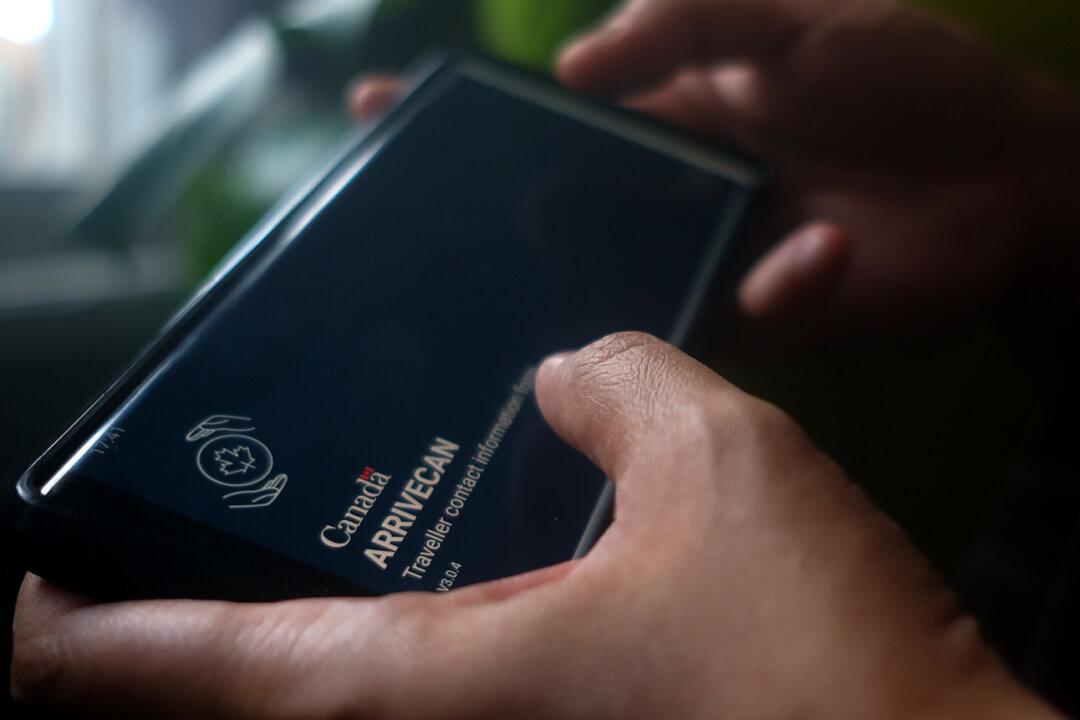The federal government has hinted that ArriveCAN, originally intended to provide travel and public health information during the COVID-19 pandemic, may be kept beyond the pandemic.
Public Safety Minister Marco Mendicino recently signalled the Liberal government’s plan to use the app to “modernize our border” and allow travellers to complete their customs declaration forms in place of the traditional paper forms and digital kiosks installed in Canadian airports.





